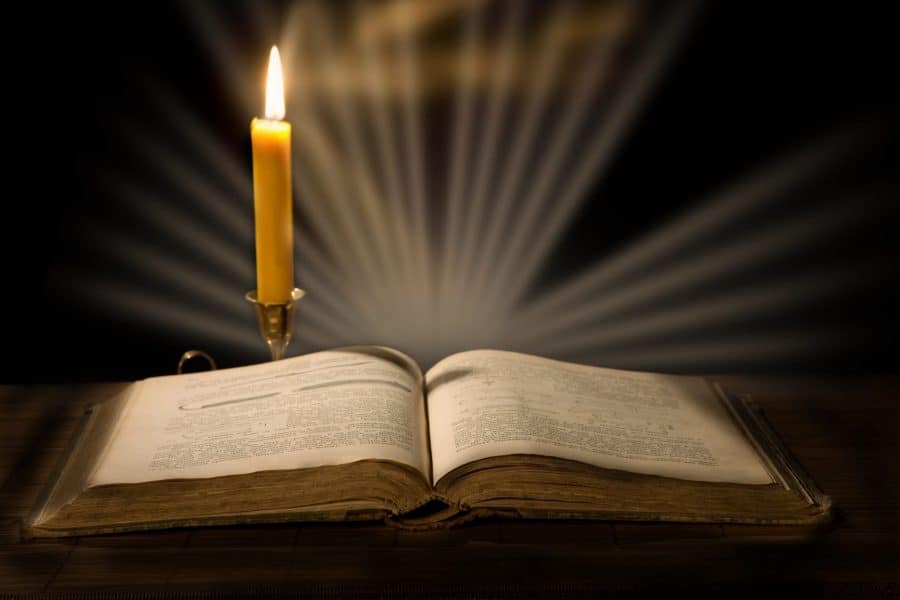The Lord hath ordained that in every city a House of Justice be established wherein shall gather counsellors to the number of [nine]… They should consider themselves as entering the Court of the presence of God, the Exalted, the Most High, and as beholding Him Who is the Unseen. It behoveth them to be the trusted ones of the Merciful among men and to regard themselves as the guardians appointed of God for all that dwell on earth. It is incumbent upon them to take counsel together and to have regard for the interests of the servants of God, for His sake, even as they regard their own interests, and to choose that which is meet and seemly.
Kitab-i-Aqdas (Most Holy Book), Baha’u’llah, p. 30
[T]he extent to which the station and leadership of a Local Assembly is recognized in a community is related to how deeply the believers appreciate the sacredness of the electoral process and their duty to participate in it, in an atmosphere wholly free from the taint of suasion or worldly attitudes about power. As consciousness is raised in a community about the spiritual principles underlying Bahá’í elections, a new conception is formed of what it means for someone to be called to serve on an institution, and understanding grows of how the individual, the community, and the Local Assembly and its agencies relate to one another. Where systematic effort has been made to stimulate conversations in a community about the formation of the Local Assembly and its purpose, and to sustain those conversations year after year, the strength of the elected body and the dynamism of community life reinforce each other.
Universal House of Justice, The Nine Year Plan 2022-2031

